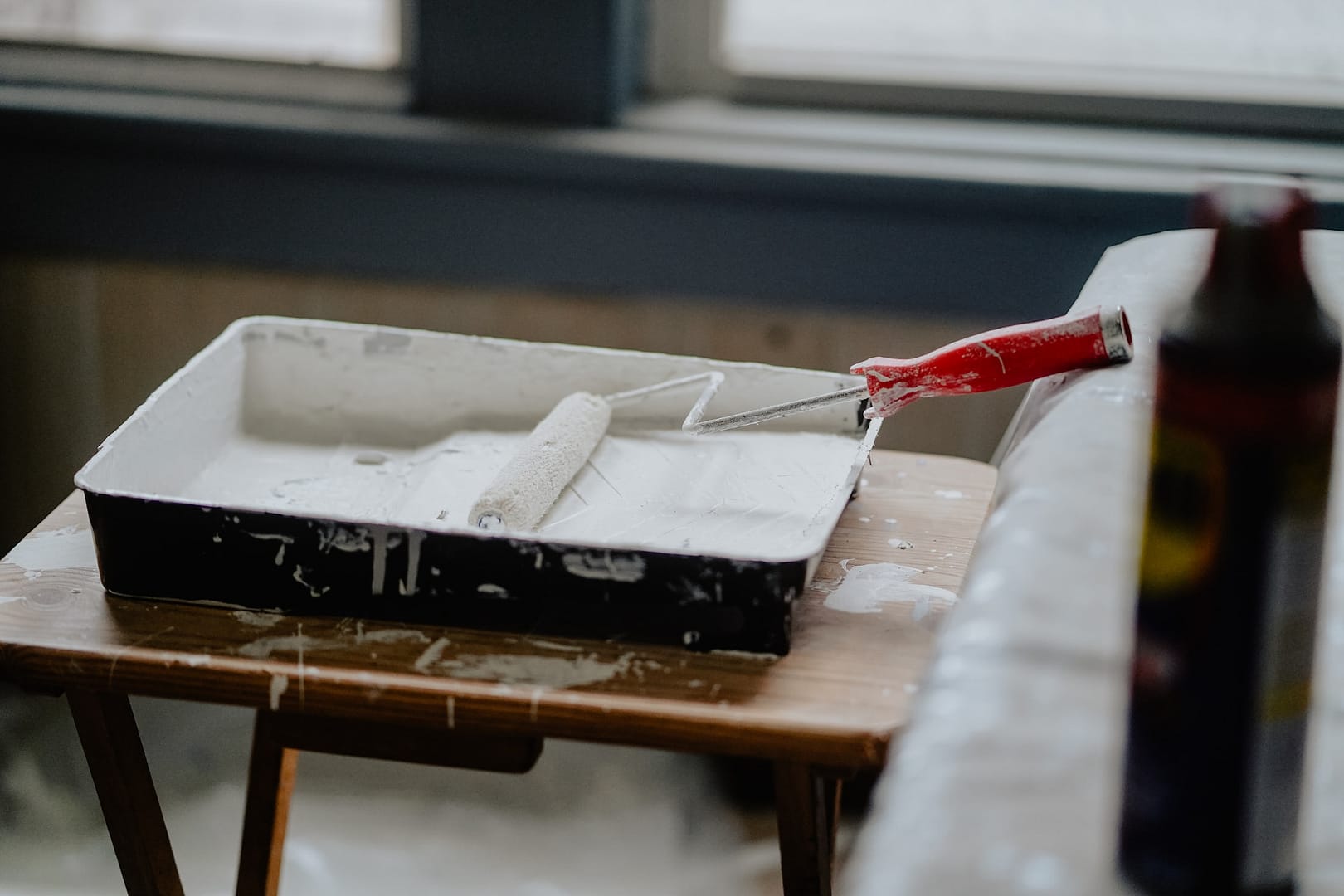Housing disrepair is a pressing issue that affects countless individuals and families across the United Kingdom. The safety and well-being of tenants can be compromised when their homes are plagued by structural defects, dampness, electrical problems, or other disrepair issues. In many cases, tenants have the responsibility to alert their landlords to these problems and request repairs. However, there are situations when housing disrepair can’t be fixed by tenants alone. In this article, we will explore when and why tenants might find themselves in a situation where they are unable to resolve disrepair issues on their own and what their rights and options are in such cases.
The Importance of Timely Repairs
One of the crucial aspects of a tenant’s right to a habitable home is the timely repair of any disrepair issues. Landlords have a legal obligation to ensure their properties are in good repair and fit for habitation. This means addressing issues like leaking roofs, faulty heating systems, or mould infestations promptly. But what is considered a reasonable time frame for landlords to make these repairs?
The law doesn’t specify an exact time frame for repairs, but it does require that repairs are made within a reasonable period. What’s considered reasonable can vary depending on the specific issue and its impact on the tenant’s living conditions. For example, a leaking roof may need to be fixed more urgently than a minor paint job.
Uninhabitable Living Conditions in the UK
To better understand when housing disrepair can’t be fixed by tenants, it’s essential to establish what is considered uninhabitable living conditions in the UK. These conditions generally refer to situations where the property is in such a state that it’s not suitable for occupation.
Uninhabitable living conditions include, but are not limited to:
Dampness and Mould
Excessive dampness and mould growth can pose serious health risks. Mould spores can lead to respiratory problems, allergies, and other health issues.
Structural Defects
Structural issues such as a collapsing ceiling or unstable walls can make a property unsafe and uninhabitable.
Lack of Heating
A lack of heating during the colder months can make a property unbearable and unsafe in the harsh UK winter.
Pest Infestations
Severe pest infestations, like rats or cockroaches, can render a property unlivable and unsanitary.
Unsafe Electrical Wiring
Faulty or unsafe electrical wiring can lead to fire hazards, posing a severe risk to tenants.
Lack of Running Water
A property without access to clean, running water is considered uninhabitable due to the basic necessities of daily life not being met.
If a property suffers from any of these issues or similar problems, it is generally considered to be in an unfit state for habitation. In such cases, it is typically the landlord’s responsibility to address these problems promptly.
The Role of Landlords
Landlords are legally obligated to provide tenants with safe and habitable living conditions. When housing disrepair occurs, it is their responsibility to take action. Tenants should not have to bear the burden of significant repair costs or live in substandard conditions due to disrepair issues caused by the landlord’s negligence.
If tenants report disrepair problems to their landlords, the landlords must acknowledge the issue and take action to rectify it. They are expected to carry out repairs within a reasonable timeframe, as mentioned earlier. Failure to do so can lead to various legal consequences, including fines and penalties.
When Tenants Can’t Fix Disrepair
While tenants should generally report disrepair issues to their landlords promptly, there are situations where they may find themselves unable to fix these problems on their own. Here are some common scenarios:
Ignored Requests
In some cases, tenants report disrepair issues to their landlords, but their complaints are ignored or not taken seriously. This can leave tenants feeling frustrated and powerless.
Inadequate Repairs
Sometimes, landlords may attempt to address disrepair issues but fail to provide a satisfactory solution. For example, a temporary fix for a leaking roof may not resolve the issue permanently. In such cases, tenants are still left with a disrepair problem.
Financial Constraints
Tenants may lack the financial means to address disrepair issues themselves. Major structural problems or extensive repairs can be costly, and tenants often rely on their landlords to cover these expenses.
Legal Complexities
Certain disrepair issues may require legal actions or building code violations to be resolved. Tenants may not have the expertise or resources to navigate these complexities.
Fear of Retaliation
Tenants might fear retaliation from their landlords, such as eviction or rent increases, if they persistently demand repairs. This fear can discourage tenants from taking action.
Tenant Rights and Legal Recourse
Tenants in the UK have rights and legal recourse when they find themselves in situations where housing disrepair can’t be fixed by tenants alone. These rights are in place to protect tenants and ensure that they have safe and habitable living conditions.
Reporting to Local Authorities
If a tenant’s landlord consistently fails to address disrepair issues, tenants can contact their local housing authority. The housing authority can conduct inspections and, if necessary, issue repair orders to the landlord.
Rent Repayment Orders
In cases where the disrepair has significantly impacted the tenant’s quality of life, tenants can apply for a Rent Repayment Order (RRO). This order can require the landlord to repay the tenant part of their rent, reflecting the diminished quality of their living conditions due to disrepair.
Legal Action
Tenants can take legal action against their landlords to force them to make necessary repairs. They can also seek compensation for any inconvenience, financial losses, or health issues caused by the disrepair.
Housing Disrepair Claims
Tenants can file housing disrepair claims in court to seek compensation from their landlords for damages caused by disrepair issues. This compensation can cover costs like medical bills, property damage, and pain and suffering.
Seeking Legal Assistance
In many cases, tenants find it beneficial to seek legal assistance from solicitors or organisations that specialise in tenant rights and housing disrepair. These professionals can help tenants navigate the legal process and ensure that their rights are protected.

Making a Housing Disrepair Claim with National Claims
Note: You can only make a claim if you are currently living in social housing.
At National Claims, we understand the challenges tenants face when dealing with housing disrepair issues. We are here to guide you through the process of making a claim, ensuring that your rights are protected, and you receive the compensation you deserve.
Our experienced team of experts specialises in tenant rights and housing disrepair claims. Here’s how we can assist you:
Initial Consultation
We offer a free initial consultation to assess your situation. During this consultation, we will gather information about the disrepair issues you are facing and provide you with a clear understanding of your legal rights and options.
Gathering Evidence
Our team will work with you to collect the necessary evidence to support your claim. This may include photographs, repair requests, correspondence with your landlord, and any medical records related to health issues caused by disrepair.
Maximising Compensation
Our team will work diligently to maximise the compensation you receive. This may include compensation for medical expenses, property damage, inconvenience, and any pain and suffering you have experienced.
Conclusion
When housing disrepair can’t be fixed by tenants, it is essential to understand their rights and options. Tenants should not be left to suffer in unsafe and unsanitary living conditions due to their landlords’ negligence. Reporting disrepair issues to local authorities, seeking legal assistance, and understanding the legal recourse available are crucial steps for tenants to take. Ultimately, the goal is to ensure that all individuals in the UK have access to safe and habitable housing, as everyone deserves to live in a home that is free from disrepair issues.
At National Claims, we are dedicated to helping tenants navigate the complexities of housing disrepair claims. We are here to ensure that your rights are protected, and you receive the compensation you deserve. Don’t let disrepair issues in your home go unresolved – reach out to National Claims for expert assistance and guidance.
Start your claim with us at National Claims today by contacting us and speaking to one of our claims specialists.
Click below to see why we are one of the most trusted claims management companies in the UK.

We’re proud of our excellent customer reviews
We thrive on delivering exceptional service and ensuring our clients’ satisfaction. Don’t just take our word for it. Check out some of our independent reviews to see what our clients have to say.
Excellent

This firm is excellent, they sorted out my car pay out and injury claim very fast, they always communicate with you all the time.

My accident case was dealt with confidence and with great result of the outcome, especially James kept me informed all the time.

I was very impressed at the way my inquiry was treated. I was listened to attentively and everything I needed to know was explained to me.






